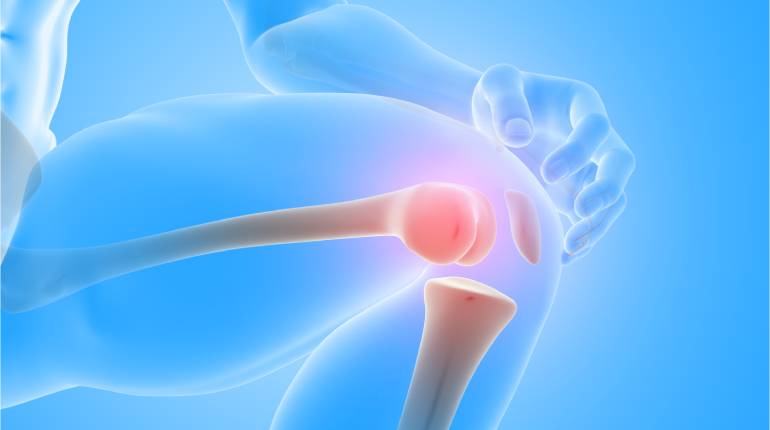ACL tears are common athletic injuries leading to lateral rotatory and anterior instability of the knee. The diagnosis can be clinically suspected with the presence of a traumatic type of knee effusion with an increased laxity on the Lachman’s test but requires Magnetic Resonance Imaging to confirm the diagnosis. The treatment involves reconstruction of the ligaments, utilizing a variety of graft choices and techniques depending upon the activity levels of the patient and the age of the patient.
Presentation
The presentation of an ACL tear involves feeling a pop sensation in the knee accompanied with a deep pain in the knee and an immediate swelling in a majority of the patients. The symptoms involve a generalized knee pain, a feeling of instability preventing the timely return to certain daily life activities and sports and difficulty in bearing weight. Other tests include evaluation for concomitant ligamentous injuries or meniscal injuries with the help of tests like dial tests, evaluation of peroneal (neurovascular function). The provocative type of tests includes the Lachman’s test, the most sensitive examination test.
Non-operative
The treatment for an ACL tear is individualized for each patient based on the level of activity, the age of the patient, the demands and the pathology. The non-operative treatment procedures involve lifestyle modifications and physical therapy. The indications include low-demand patients with decreased laxity and recreational athletes not participating in pivoting/cutting activities, increased cartilage damage, increased meniscal damage, and the loss of integrity of the meniscus.
Operative
ACL reconstruction, ACL repair, ACL revision reconstruction
ACL reconstruction
The indications of an ACL reconstruction involve a fully restored motion of the knee, unless the meniscal tear has caused a mechanical blockage. The return to activities is influenced by functional, demographic and psychological outcomes.
ACL repair
A common indication for an ACL repair is an avulsion rupture pattern.
ACL revision reconstruction
A common indication is a failure of preceding ACL reconstruction with instability while performing daily life activities.
Prognosis
Knees that are ACL deficient are believed to lead to an accelerated arthritis progression. When it comes to survival with treatment, nearly complete restoration of the native kinematics that follows reconstruction. Return to sports at all the levels of competition.
Conclusion
The ACL injury affects one of the strongest bands of tissue connecting the shinbone and femur (thigh bone). For minimally invasive surgical or operative interventions for an ACL tear, ACL Surgeon in Gurgaon Consult Dr Yugal today!

